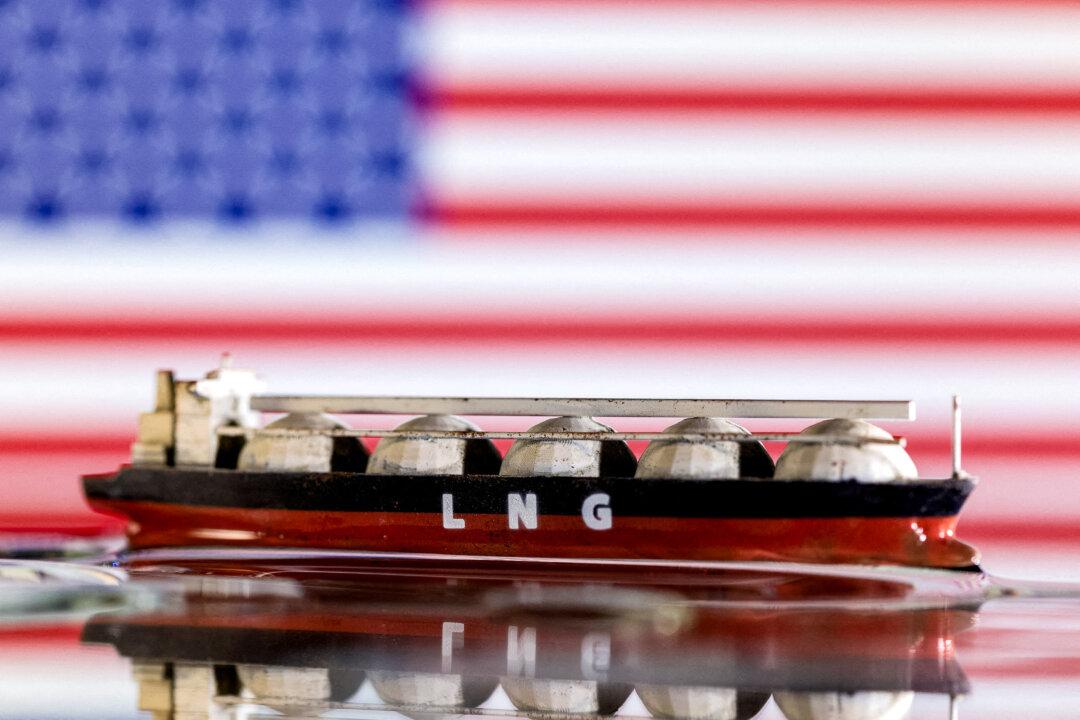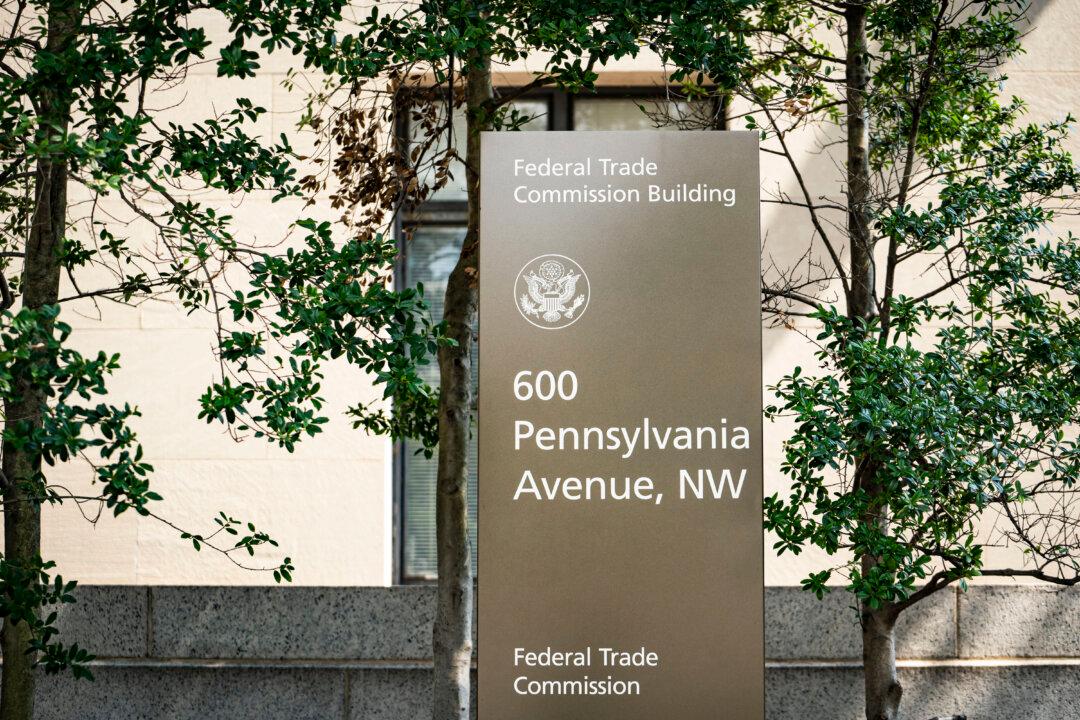The United States and Kenya have created a new investment and trade partnership covering a wide range of industries and aiming to tackle corruption and protect the rights of workers, among other issues.
The United States–Kenya Strategic Trade and Investment Partnership (STIP) was announced during a virtual meeting between U.S. Trade Representative Katherine Tai and Kenyan Development Cabinet Secretary Betty Maina.
The United States and Kenya will discuss integrating micro, small, and medium enterprises into international trade. They'll also initiate “periodic technical best practices exchanges and roundtables” on these enterprises.
Simplifying trade and customs procedures, promoting the use and development of secure digital infrastructure, and pursuing measures related to climate change adaptation and mitigation will be discussed as part of the partnership.
Both countries plan on advancing and protecting labor rights and tackling the issue of forced labor in global supply chains. Special focus will be given to supporting the participation of youth and women in trade. Washington and Nairobi will seek to prevent and combat corruption and bribery.
Bilateral Trade
In 2021, the United States exported goods worth $561.6 million to Kenya, with the biggest export items being wheat, plastics, machinery, and aircraft. Kenya exported $685.1 million worth of goods to the United States last year, with top items including titanium ores, coffee, tea, macadamia nuts, and apparel.An attempt to negotiate a trade deal with Kenya began in 2020 under the Trump administration. However, no concrete progress was made over the past two years, with the Biden administration failing to resume these talks until now.
The newly announced STIP deal between the two nations doesn’t mention any reduction in tariffs or enhancement of market access.
Kenya is one of the nations that has made the utmost use of the African Growth and Opportunity Act (AGOA)—a trade preference program that gives sub-Saharan African nations duty-free access to the U.S. market.
In 2021, more than 75 percent of goods from Kenya entered duty-free under the AGOA program. In 2018, Kenya had the second-highest utilization rate among all the beneficiary African nations. AGOA is set to expire in September 2025.





